Resources
Browse resources created and collated by ARIIA as a trusted, evidence-based guide to supporting innovation across the aged care sector.
Showing
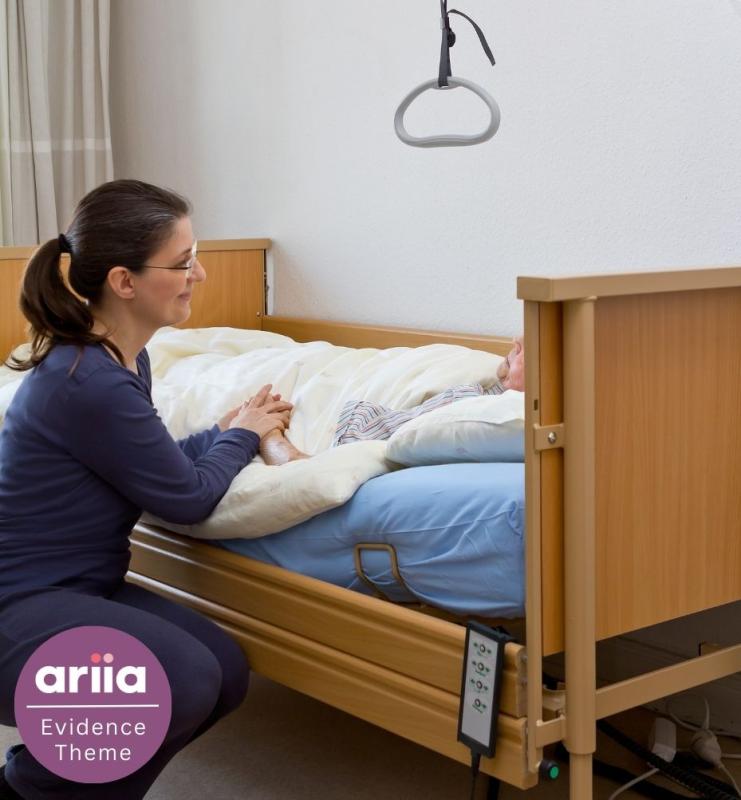
Palliative care and end of life: Staff training and education
Palliative and end-of-life care training is a growing educational need for home care and residential aged care workers with growing numbers of Australians expected to die while receiving aged care services. This resource from ARIIA is a short easy-to-read summary of the research evidence.

Palliative care and end of life: Communication at end of Life
Good communication between people with life-limiting illnesses and their health care professionals is important for achieving a high quality of palliative care and positive end-of-life experiences for older people and their families. This resource from ARIIA is a short easy-to-read summary of the research evidence.

Palliative care and end of life: Advance care planning
Advance care planning is a process that enables a person to communicate and discuss their preferences for future medical treatment and care with their family and care providers to come to a shared understanding. This resource from ARIIA is a short easy-to-read summary of the research evidence.
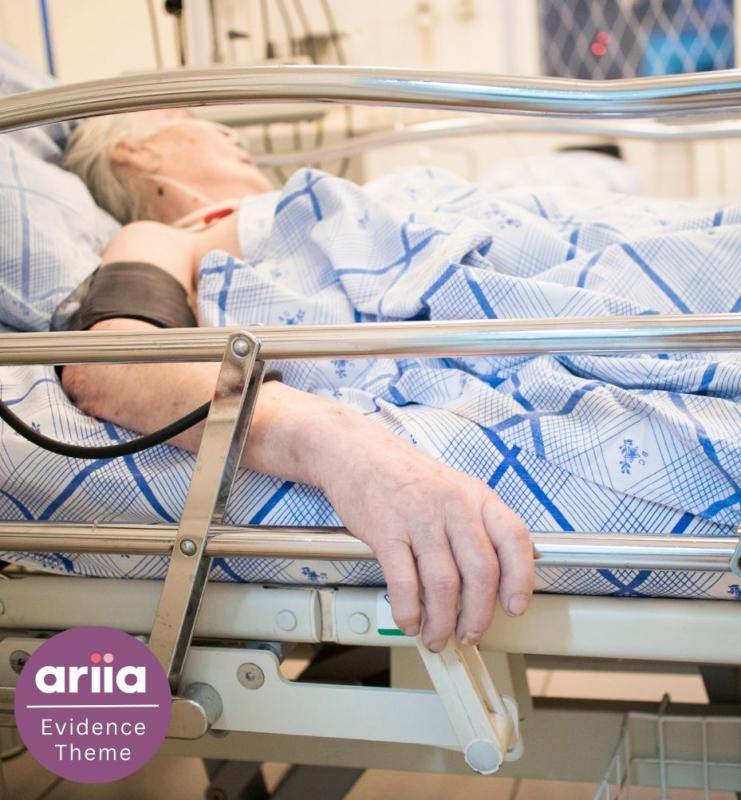
Palliative care and end of life: Acute care transfers
Emergency department visits and hospital admissions are common for people in residential aged care nearing the end of their life. This may not always be in their best interests, necessary, or in line with their preferences. This resource from ARIIA is a short easy-to-read summary of the research evidence.
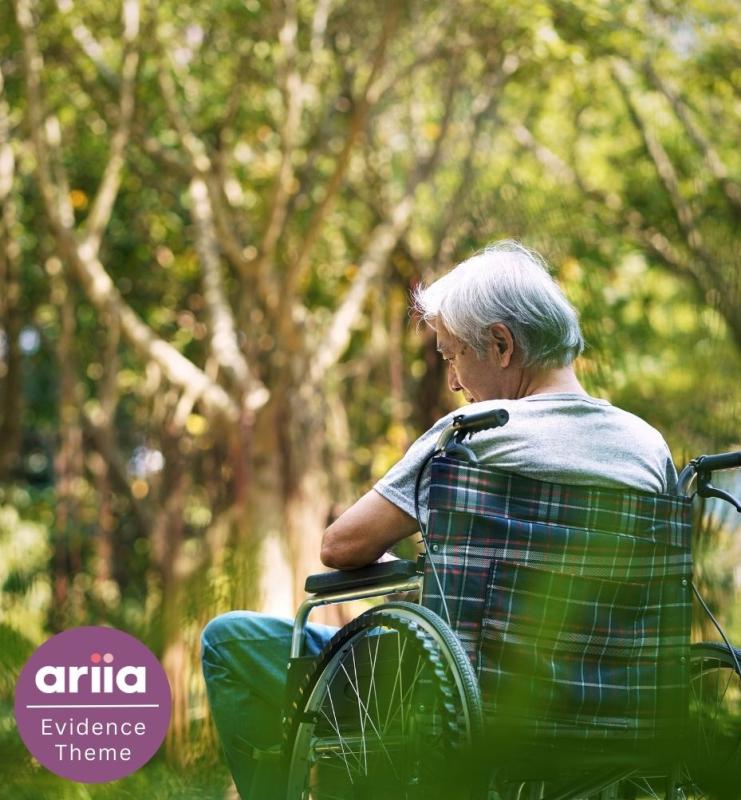
Mental health and wellbeing: Suicidal thoughts and self-harm
Thoughts about death and self-harm are not uncommon in older adulthood, especially in the later years of life. Risk factors for suicide later in life include mental health disorders, physical illness and functional or cognitive decline. This resource from ARIIA is a short easy-to-read summary of the research evidence.
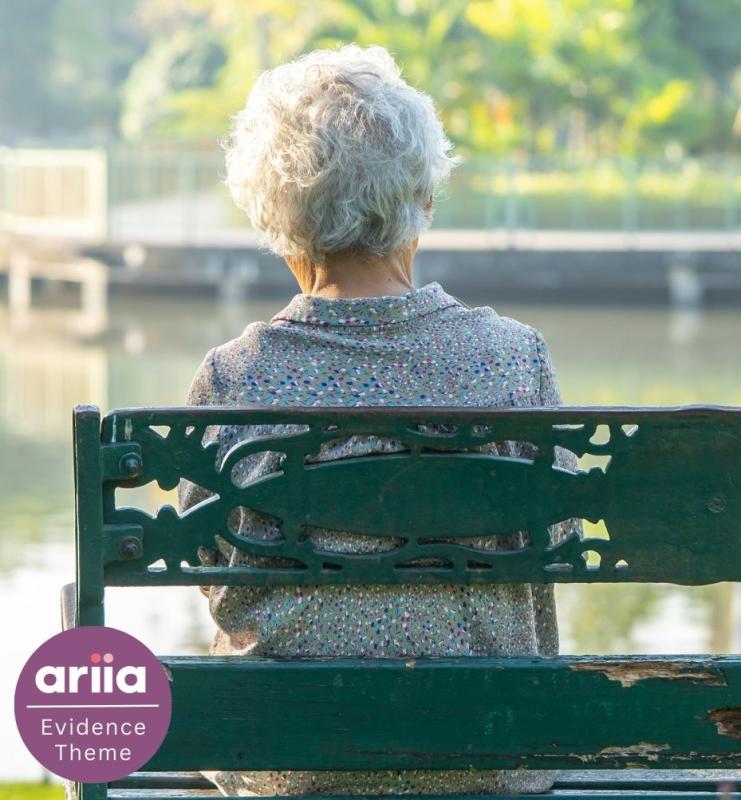
Mental health and wellbeing: Screening tools
Anxiety and depression are common in residential aged care yet often remain undetected. Several screening tools are available for detecting signs and symptoms of anxiety and depression in older adults in residential aged care. This resource from ARIIA is a short easy-to-read summary of the research evidence.
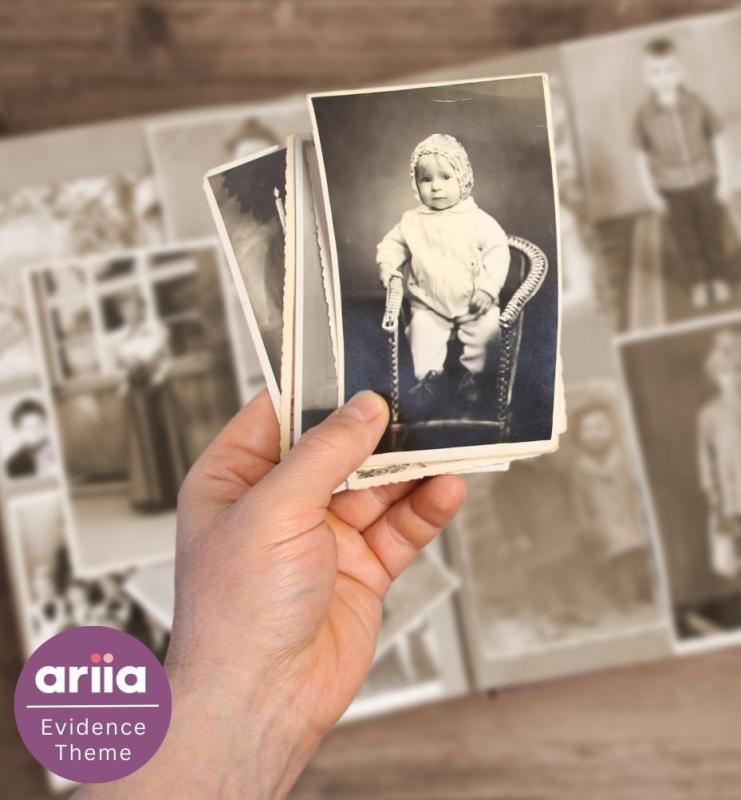
Mental health and wellbeing: Reminiscence approaches
Reminiscence approaches such as reminiscence, life review, and life review therapy, demonstrate a mixed but overall positive influence on the mental health and wellbeing of older adults. This resource from ARIIA is a short easy-to-read summary of the research evidence.

Mental health and wellbeing: Physical activity
Physical activity is critical for the mental health of people over 65 years of age. This resource from ARIIA is a short easy-to-read summary of the research evidence.
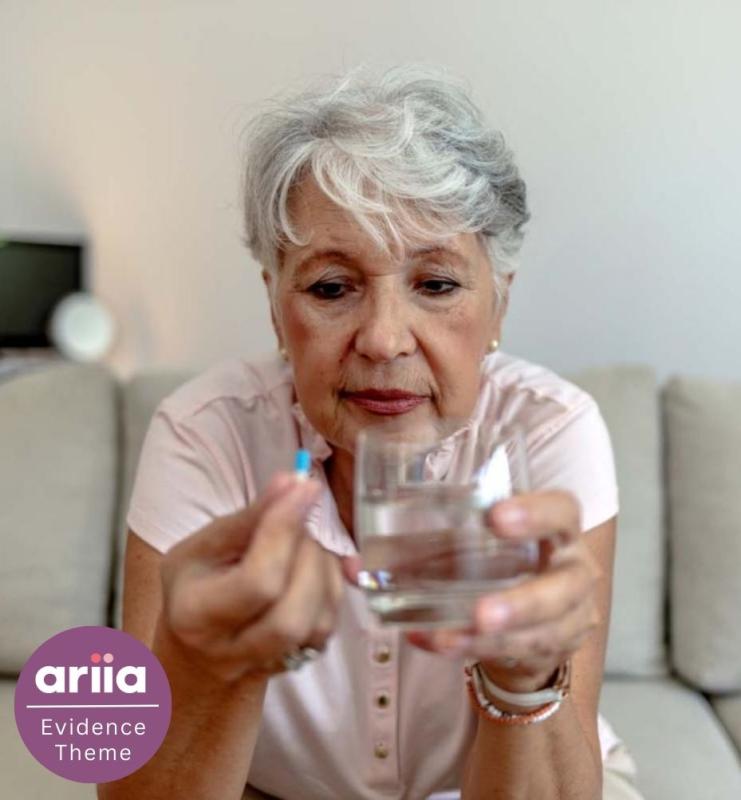
Mental health and wellbeing: Medication use
Mental health diagnoses increase the risk of potentially inappropriate medications in residential aged care, especially in the form of antidepressants. This resource from ARIIA is a short easy-to-read summary of the research evidence.
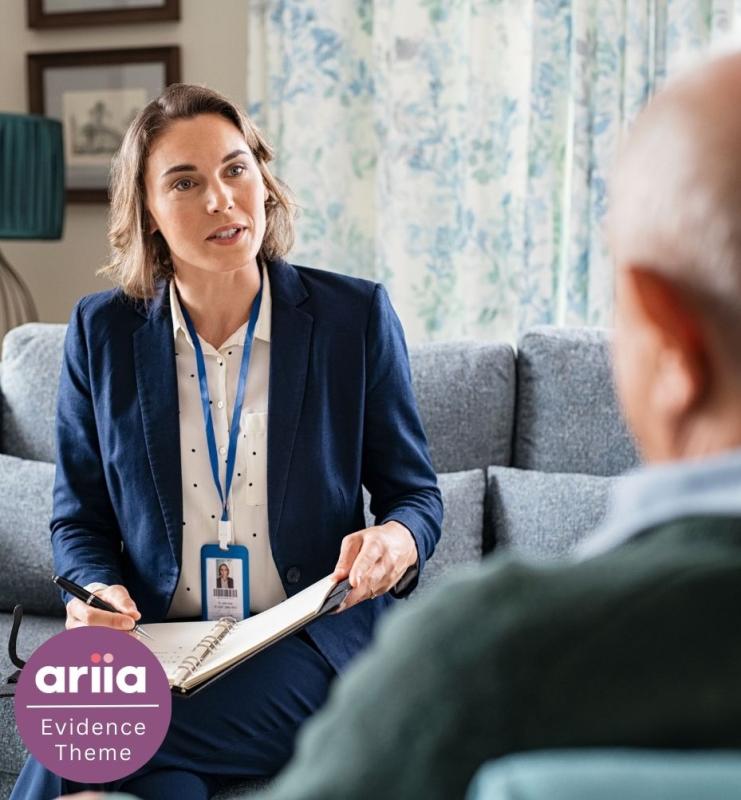
Mental health and wellbeing: Psychological approaches
Psychological approaches provide people with the opportunity to discuss their thoughts and feelings with a trained professional to assist them with understanding and coping with their daily life or negative events. This resource from ARIIA is a short easy-to-read summary of the research evidence.